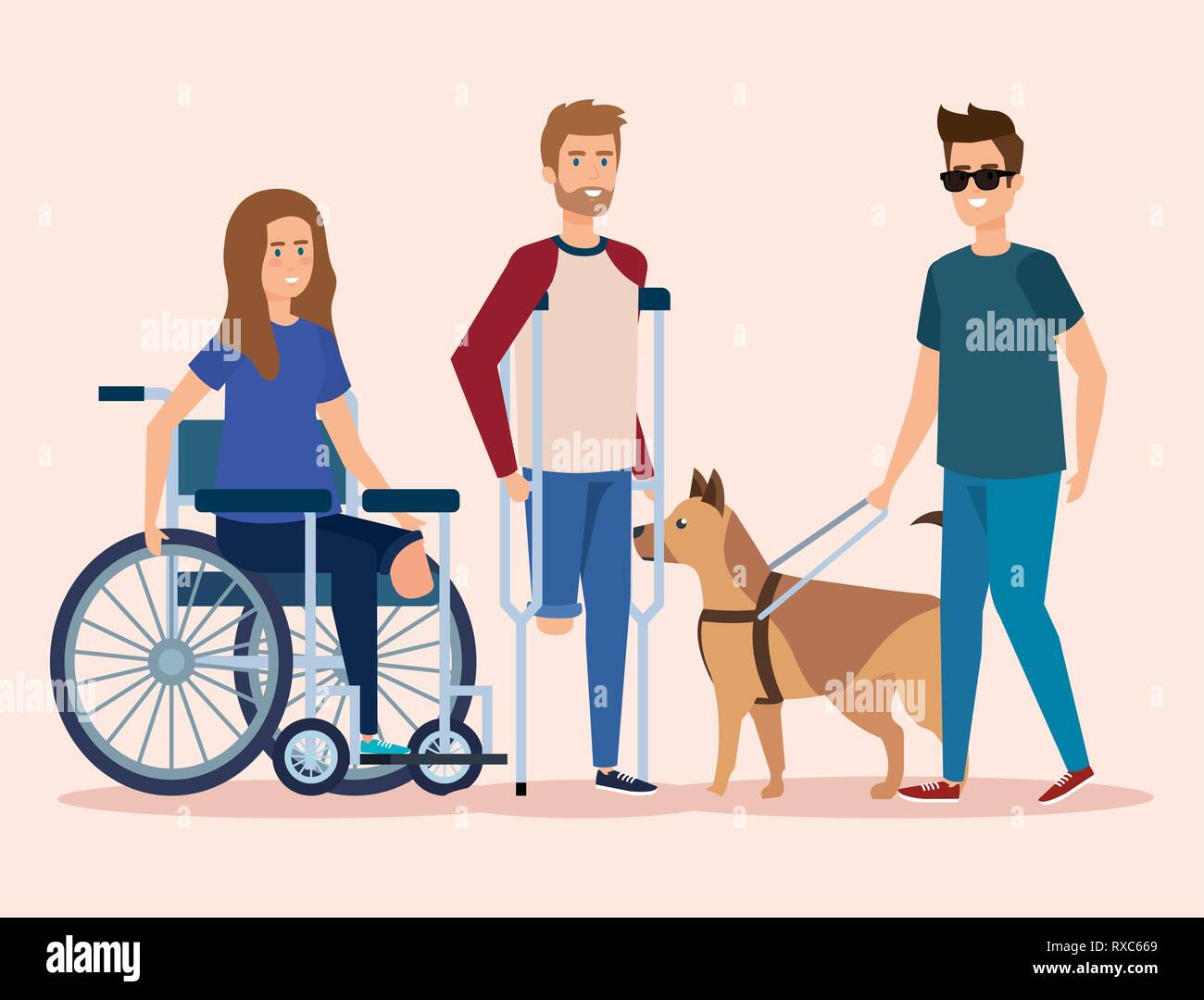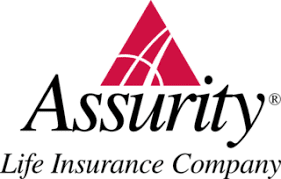Our good friend Chris Van B is helping to raise funds for the Artemis Center for Alternatives to Domestic Violence, a really noble cause, especially with domestic violence apparently on the rise as a result of the lock-downs. The Artemis Center, in Dayton (OH) "empowers survivors of domestic violence to make decisions and choices that will establish and maintain safety for themselves and their children. By working collaboratively with other community services, Artemis Center advocates are able to coordinate needed services."
This is especially necessary in these uncertain times, and one of Chris' vendors is offering to match contributions up to a total of $1,000. But the clock is running out on that offer.
Please click here if you can spare a few dollars for a very worthy cause. Or, you you prefer to send a check, just drop us an email for details.
By the way: Chris notes: $36 could possibly buy a CASE - 24 (5 oz.) cans of tuna for Artemis. Wow!
Thank you!
This is especially necessary in these uncertain times, and one of Chris' vendors is offering to match contributions up to a total of $1,000. But the clock is running out on that offer.
Please click here if you can spare a few dollars for a very worthy cause. Or, you you prefer to send a check, just drop us an email for details.
By the way: Chris notes: $36 could possibly buy a CASE - 24 (5 oz.) cans of tuna for Artemis. Wow!
Thank you!

























